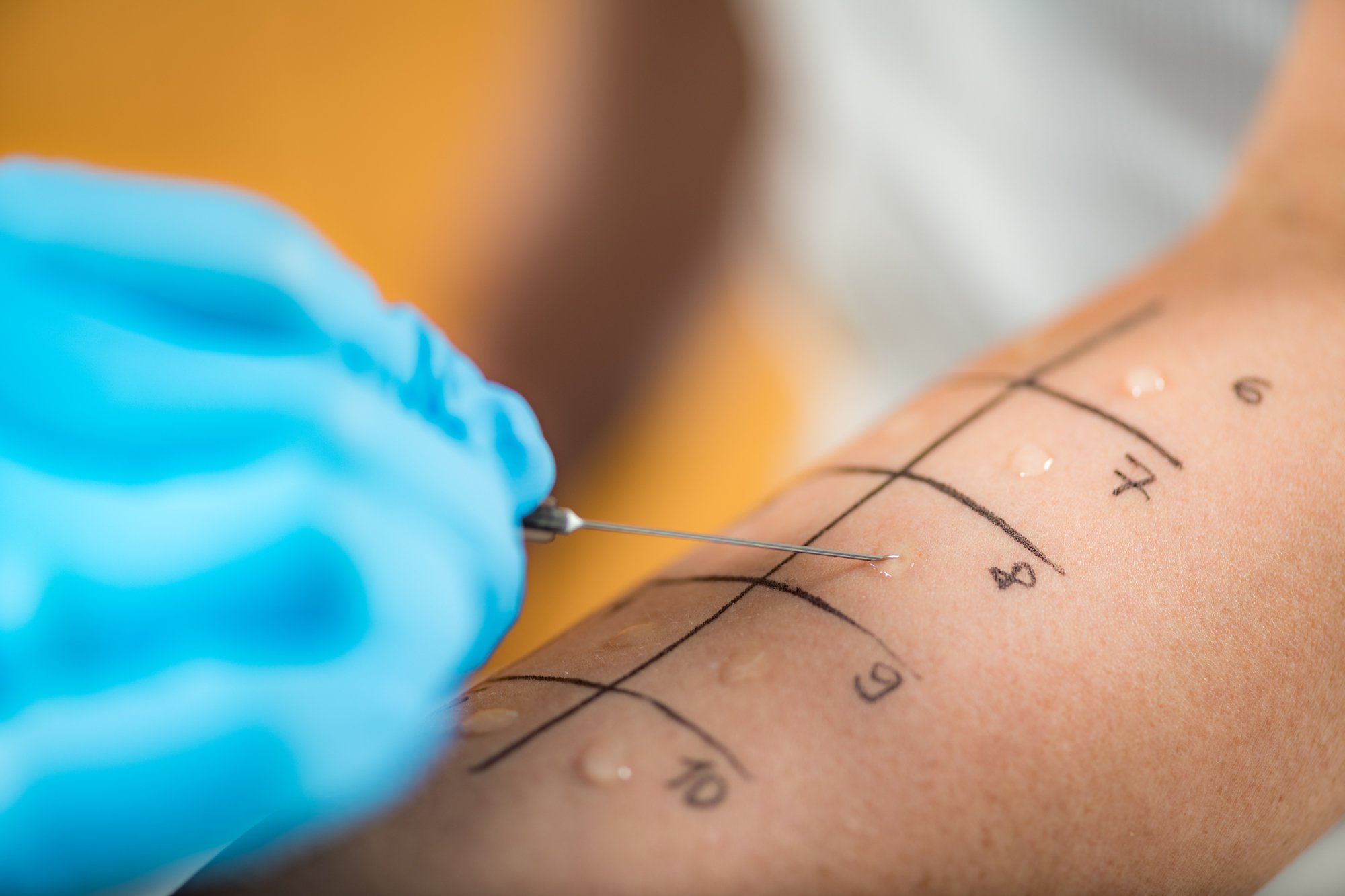At-Home Food Allergy & Intolerance Testing
With the growing prevalence of food allergies and intolerances, more people are seeking out convenient and affordable at-home allergy diagnostic tools. Covid has only accelerated the adoption of wellness products that substitute for doctor visits. In today’s blog, we break down the different types of tests and technologies for diagnosing a food allergy or intolerance.
There are primarily three methods for diagnosis: oral food challenge, blood test, and skin prick test.
Today, the gold standard for a food allergy diagnosis is the oral food challenge. This involves an allergist administering the potential allergen to their patient orally in gradually increasing microquantities to see at what dose, if any, an allergic reaction occurs. Due to the unpredictable severity of an allergic reaction, these tests can only be performed safely in the presence of a doctor.
Other common types of diagnostic tools include skin prick tests and blood tests. In a skin prick test, a doctor places a small amount of a potential allergen on your skin, and lightly pricks your skin to allow the allergen under the surface. If allergic, you’ll experience allergy symptoms at the prick site (e.g., hives or swelling). A doctor will often do multiple skin pricks at the same time to test for multiple allergies at once.
The science behind food allergy blood tests is well-established: if you have a food allergy, your blood will contain the antibody immunoglobulin E (IgE for short) that targets that specific allergen. Tests for intolerances and other conditions operate by the same principle but will test for the presence of different antibodies such as immunoglobulin G (IgG), which are also part of the immune response but do not mediate food allergies.
Over the past decade, several businesses have started developing at-home food allergy and intolerance testing kits. EverlyWell and Quest Diagnostics are two well-known examples. Many of these kits are based on the above antibody-based testing technologies used by allergists. The advantage is you can order these tests online or at a pharmacy and conduct them without having to go through a doctor or insurance. Kits usually test a huge range of foods at once with a single sample, making them a convenient choice.
These kits sound great, are there any caveats?
Test results from these kits come with a few asterisks. For blood tests, the correlation between the presence of certain IgG and IgE antibodies and your likelihood of having an allergic response or intolerance is murky. The presence of food-specific IgE in your blood is not a guarantee you’ll have an allergic reaction upon exposure. For IgG and intolerances, the research is even murkier, with one study even suggesting that IgG levels correspond to a normal and healthy response to the food.
There’s also a more subtle issue that arises when you use a battery of tests to diagnose many conditions: the multiple comparisons problem. As you conduct an increasing number of independent tests, your chances of getting at least one incorrect result gets higher and higher. For allergy testing, your chances of getting a false positive or a false negative goes up the more allergens you test for in one panel. These tests are usually designed to be very good at preventing false negatives, so the larger concern is false positives.
Let’s say, for example, that you tested yourself against a panel of 10 allergens, and each test is independent with a 1% chance of a false positive. If you have no food allergies, there’s roughly a 10% chance that at least one test will say you’re allergic even when you’re not. A lot of these panels—especially ones targeting intolerances instead of true allergies—are testing way more than 10 foods. So, you may end up restricting your diet unnecessarily.
For these reasons, at-home testing companies almost always recommend consulting with an allergist after a positive test to confirm the diagnosis. This is also why many allergists and organizations like the American Academy of Allergy, Asthma & Immunology do not believe a proper diagnosis can be made based on IgG testing alone. This isn’t to say these products aren’t useful—but if your test comes back positive for an egg intolerance, you may want to consult with an allergist before giving up your favorite breakfast sandwich. 😉
— Nazir and the Allergy Amulet Science Team
This post has been reviewed for accuracy by board-certified allergists.

